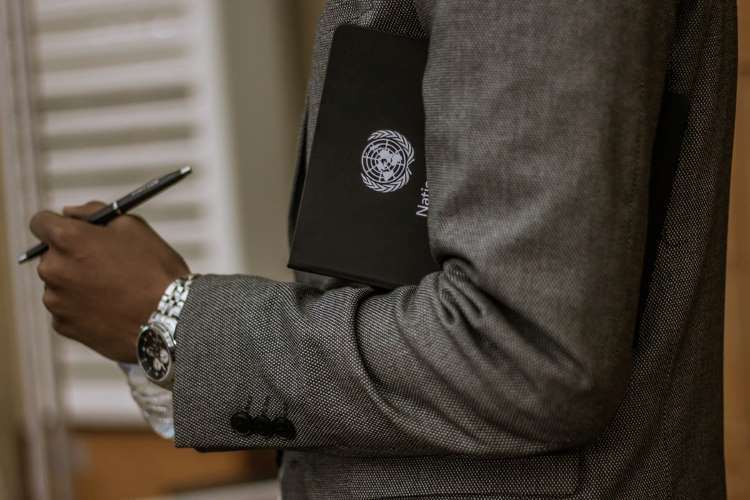
By Maya Mirchandani
India’s current stint at the Security Council is not its first – it was elected as a non-permanent member of the Council in 1950, 1967, 1972, 1977, 1984, 1991 and 2011. This won’t be its last stint either. It is not the first time India is assuming the presidency. It seems a little out of place to make a big deal of this one-month presidency. The world is in the midst of a pandemic, which poses different challenges to global leadership.
The United Nations is a multilateral organisation. India has been negotiating for many years for permanent membership of the Security Council. The spirit of multilateralism is something that it needs to carry right through its presidency of the Security Council. It has an opportunity to put its own interests on the centre-stage. But I would rate India’s presidency based on its ability to step back on its own interests and put the interests of the United Nations first.
When it comes to multilateral efforts on public health, especially on Covid-19 vaccination, what role can India play? Within the country, we are still grappling with the regulatory frameworks on emergency use vaccines. How will we guide those conversations globally? I think there is a question about developing countries receiving large volumes to vaccinate their populations. How will we cross those hurdles if we ourselves have regulatory frameworks? There are contradictions there. How do we manage those contradictions?
READ I World may miss climate change targets; report calls for damage control
Can India go beyond traditional topics
All of us will agree that the focus of our outreach should not just be security, peacekeeping and counter-terrorism, which are the focus areas for the United Nations Security Council. Overseeing sustainable development goals also is a focus area and what is our track record on delivering on SDGs? These conversations are important. The ethos of the UN was also about states keeping the interests of their citizens in mind.
There’s a charter of human rights which India helped to draft at the United Nations. How committed are we to having honest conversations about human rights, principles of human rights and constitutional values across countries. Are we interested in looking at the human rights charter and its implementation across UN member states? Are we willing to make a strong statement where we see rights being violated? Typically, India follows the policy of non-interference in the matters of most countries, except maybe a few in the region, where our own strategic interests are in play.
READ I India’s Security Council agenda should go beyond peace talks
Security Council reforms
Our problem with the United Nations Security Council all these years has fundamentally been that it’s a club of five countries where every non-permanent member is given the sense of importance because they have a two-year term as part of the Council. Ultimately when it comes to decision making, these five countries are the key players. If we are going to aspire to be part of the same clique, how do we then bring in wider conversations?
We can talk about the hypocrisy of the West. We can talk about the hypocrisy of Security Council members whether it is the US, China or Russia. My concern is can we afford it to be hypocritical when it comes to the Security Council? We need to be conscious that we are a country that prides itself on its democratic credentials.
We are one of the few countries in the developing world that has a robust electoral democracy and we are in a position to have a parliamentary system that is supposed to engage on a feedback loop with its citizens as well. Can we actually promote those values?
Can we talk about the bigger issues that are challenging the world today? We are talking about democracies being in retreat across the world, even in the West. The United Nations is not about national interest, it is about the global interest. So, are we in a position to put our own national interest aside and work for the global interest? These are just some questions and concerns and I am going to leave them at that.
(Maya Mirchandani is an award winning journalist, and head of the Department of Media Studies at Ashoka University.)
